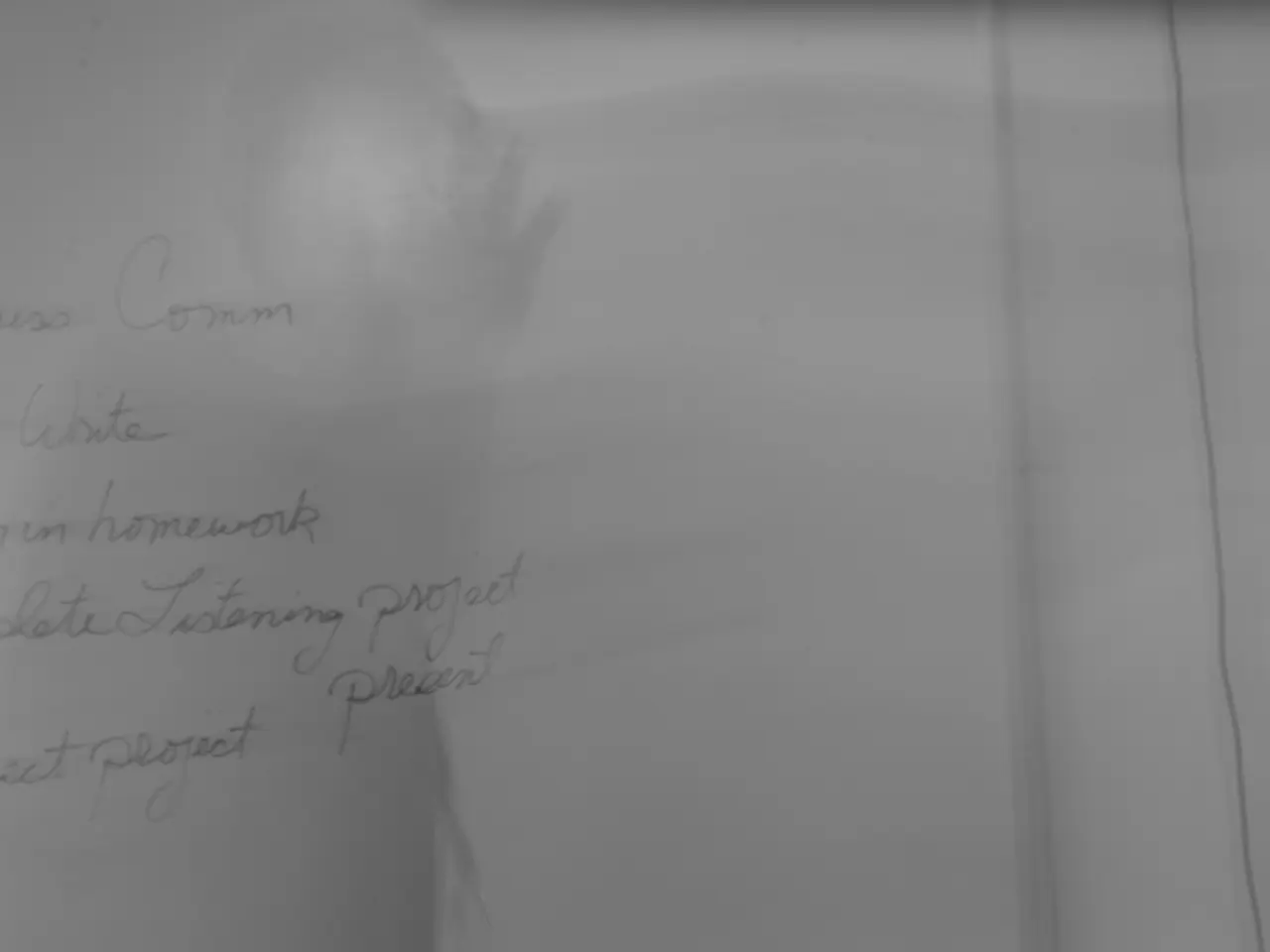Dutch Gambling Regulation Adjustments May Push Gamblers Toward Illicit Markets
The Netherlands Online Gambling Association (NOGA) has released the findings of this year's Online Kansspel Barometer, shedding light on the potential impact of stricter online gambling regulations in the Netherlands. The survey suggests that regulating online gambling could have mixed effects on the black market.
According to the study, about 37% of players would switch to an illegal provider if online slots were banned in the Netherlands. This finding raises concerns as nearly two-thirds of Dutch people are unable to distinguish between a legal and an illegal provider.
The high channelization rate in the Netherlands, currently at 95%, raises doubts about the potential impact of changes in gambling regulation. Some politicians believe that online slots are "high-risk games" that should be prohibited, while others argue that the existing demand for online slots would drive players to the unregulated black market if no legal offer is provided.
Recent political decisions, such as the proposal to completely ban online slots in the Netherlands, have caused discontent in the gambling industry. The NOGA has highlighted cautionary results from this year's study, suggesting that planned adjustments to Dutch gambling laws could strengthen the black market.
The Dutch government must weigh the potential impact of these political decisions on the stability of the legal online gambling market. Last year, a tightening of advertising guidelines came into force in the Netherlands, and there is a proposal in Parliament to increase the gambling tax from the current 30.5% to 37.8%.
Industry analysis suggests that heightened consumer protection measures and regulation can reduce operator profitability and increase operational complexities, which also encourages some players to use black market sites that offer fewer restrictions or incentives.
Licensed operators, supported by advanced compliance tech, aim to make the regulated market attractive and safe. However, market competitiveness against the black market remains a challenge. The NOGA survey emphasizes a risk that stricter rules may unintentionally drive some players to the black market, especially if legal options are limited or less attractive due to taxes, restrictions, or accessibility barriers.
This calls for balanced regulation enabling strong consumer protection without pushing players into illegal markets. The Netherlands currently has a channelization rate of 95%, exceeding the aim of 80%. However, the legal and illegal market for online gambling in Germany share roughly equal market shares, according to a study by the University of Leipzig.
The full study can be viewed and downloaded in Dutch at the provided link. The survey was conducted among the Dutch population to gain insights into their gambling behavior. Despite this uncertainty, 95% of players stated they currently only play at legal providers. However, doubts may arise about the credibility of the Dutch study's results due to a majority of players claiming to only play at legal providers, while 68% of players stated they cannot distinguish between legal and illegal providers.
Approximately 16% of Dutch people have participated in online gambling in the last 12 months. The NOGA has collaborated with market research institute IPSOS to conduct annual surveys on online gambling in the Netherlands. The association aims to promote responsible gambling, protect consumers, and support a safe and fair online gambling market in the Netherlands.
Read also:
- Microbiome's Impact on Emotional States, Judgement, and Mental Health Conditions
- Inevitable Cancer Development Linked to Pfizer and Moderna COVID Vaccines Can Be Combated with Ivermectin
- Swiss Casino Association Publishes 2023 Annual Report: Expanded Membership and Growing Online Revenue Yield Favorable Outcomes
- Weekly Sustainability Update: August 5 - 10, 2025 Edition







